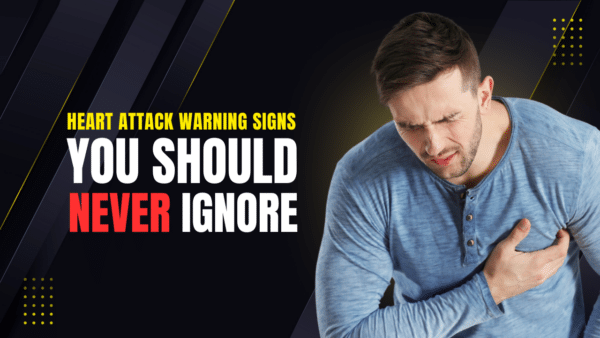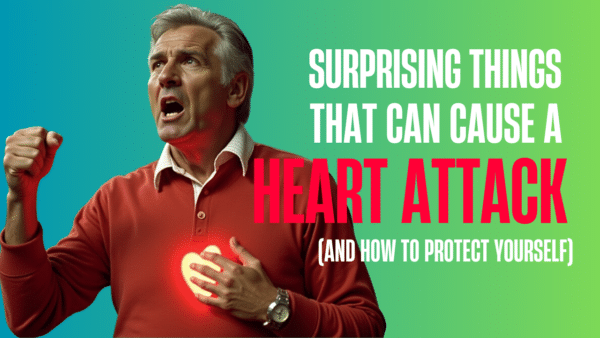Feb. 3, 2011
Pamela Detrow was having lunch in Milwaukee when she suddenly broke into a cold sweat, became dizzy and felt her heart racing. Thinking this would pass quickly, she asked her friends to order her a salad and diet soda, then stepped outside for some fresh air. But within a couple of minutes, the symptoms became so profound that she dragged herself back to the table, unable to lift her arms or raise her head.
Detrow was having a heart attack that November day in 2009, but she didn’t know it.
For more on heart health, watch “A Barbara Walters Special: A Matter of Life and Death” tomorrow at 10 p.m. ET on ABC!
As it turns out, neither did the emergency room doctors at a nearby hospital. Upon seeing that she was an avid exerciser with no heart problems, they diagnosed a panic attack and sent her off with anti-anxiety pills and medication to lower her blood pressure, which had increased that day.
“Because I was somebody who did not have a history of heart disease, I believed them, because I didn’t know any different,” Detrow told ABCNews.com. “I was aware of the heart attack symptoms with the crushing chest pain where you clutch yourself and fall over: the classic male symptoms.”
Detrow, 58, is a poster girl for a campaign launched this week to raise women’s awareness that atypical symptoms, such as profound fatigue, unfamiliar dizziness, cold sweats and unexplained nausea or vomiting, can signal that part of their heart muscle is dying, and they could die, too.
Heart disease is the No. 1 killer of women. An American woman suffers a heart attack every minute. Yet after years of public education programs, the message hasn’t penetrated.
When Detrow returned home to Washington, D.C., her internist sent her to a cardiologist, where, three days later, the symptoms returned. She underwent an angiogram that showed she’d had a heart attack but did not have blocked arteries. Doctors prescribed a daily aspirin, the powerful blood pressure drugs valsartan and metoprolol, and a low-salt diet. They told her that after some rest followed by cardiac rehabilitation, “I would be fine, and that’s what happened.”
Today, the former member of the New York Road Runners Club again enjoys 5K and 10K races. She notes the irony of having a heart attack when when her husband was the one with heart disease.
“My husband has been on blood pressure medications for umpteen years. When everyone heard about my heart attack, they asked ‘why you and not him?'”

